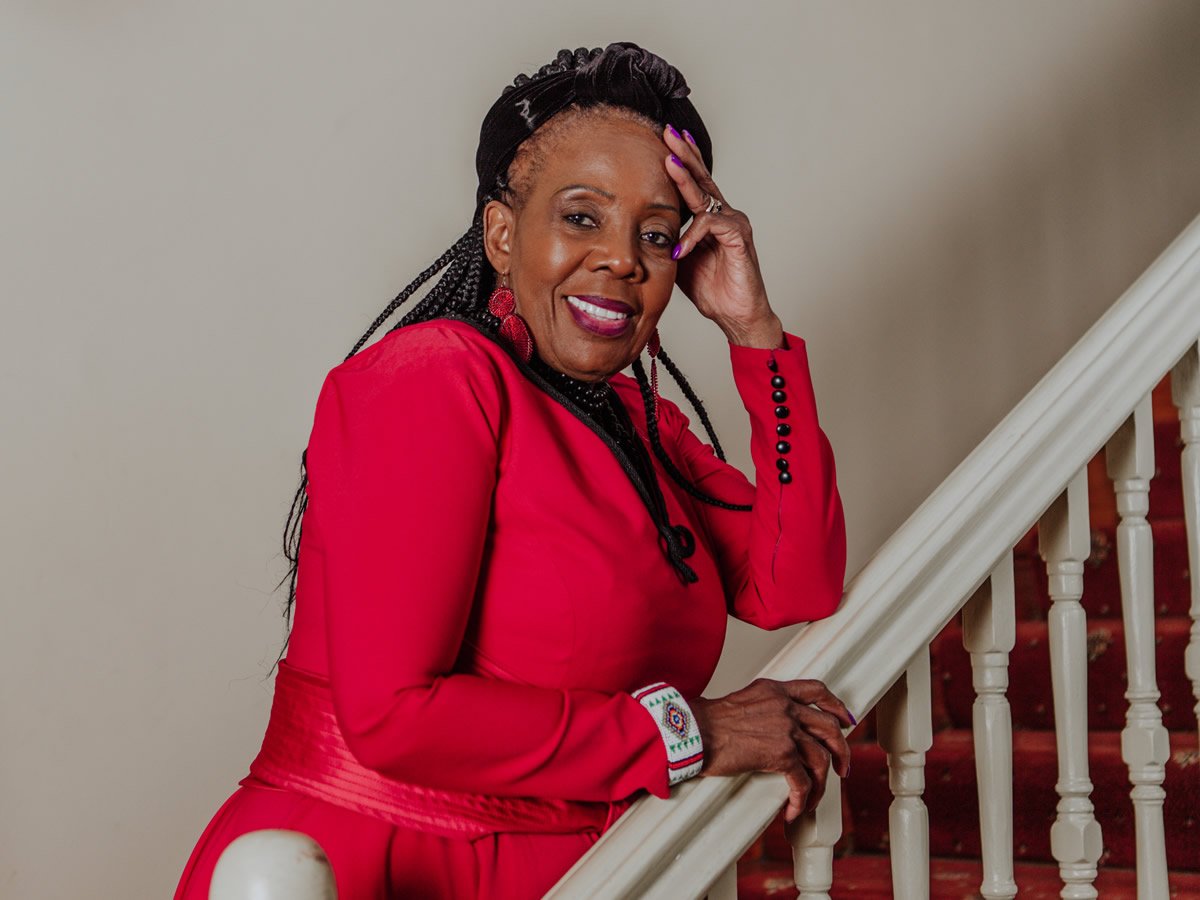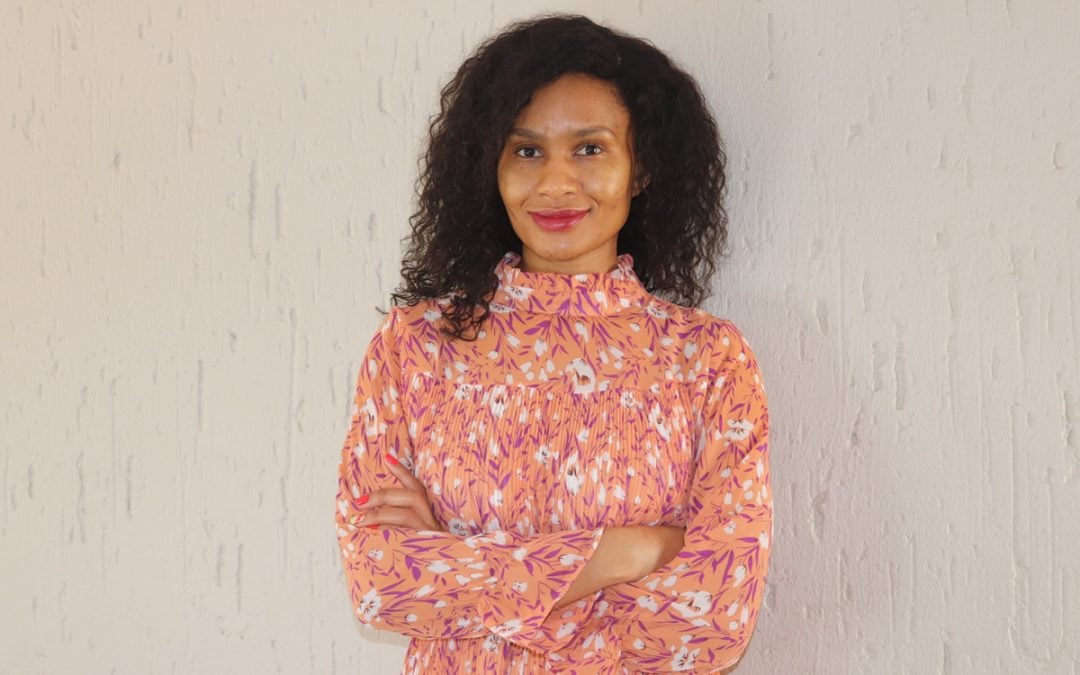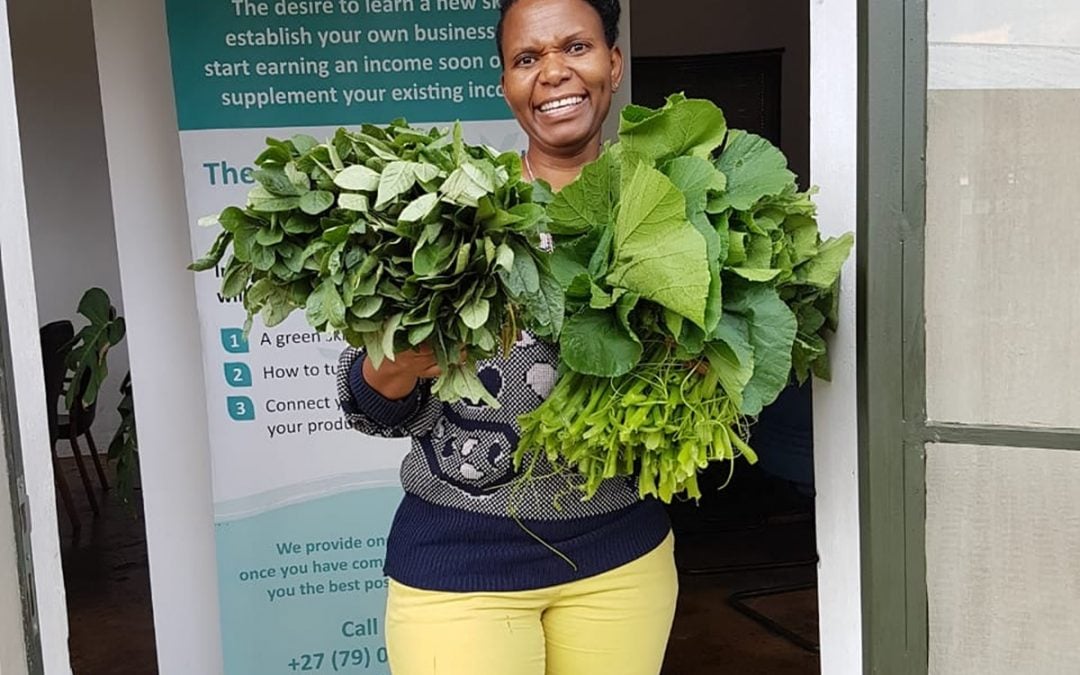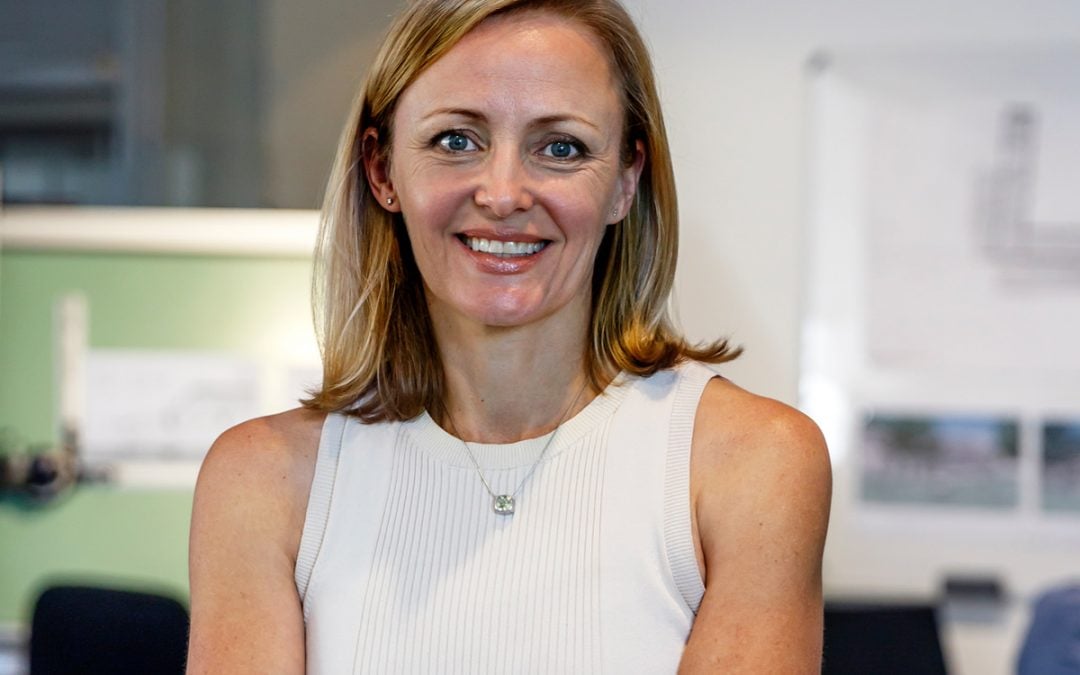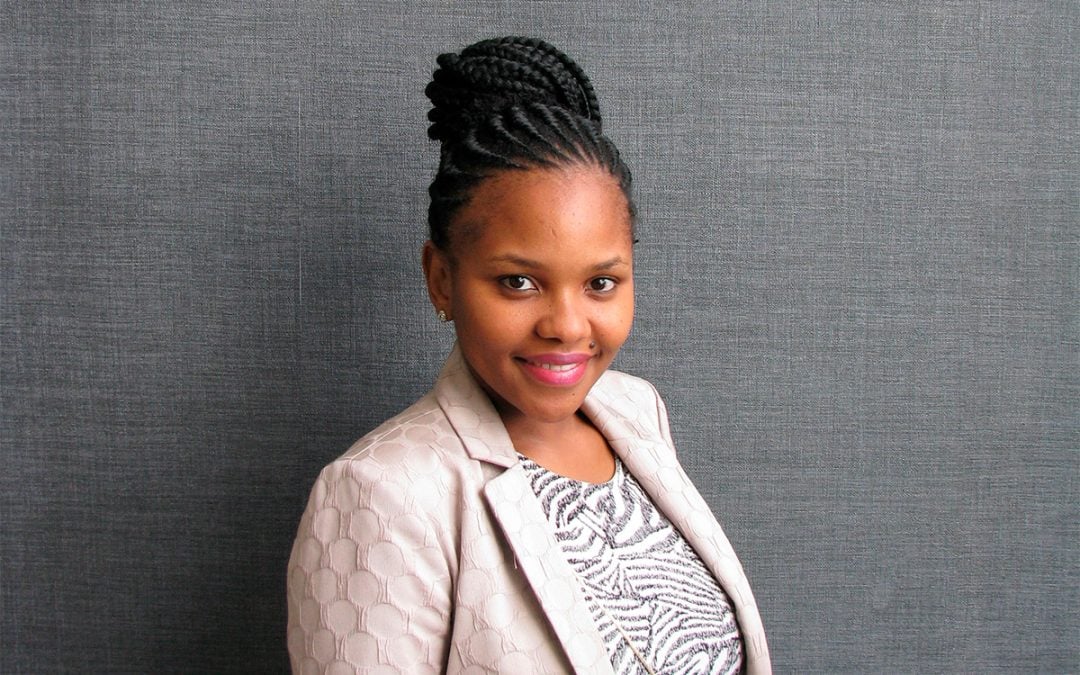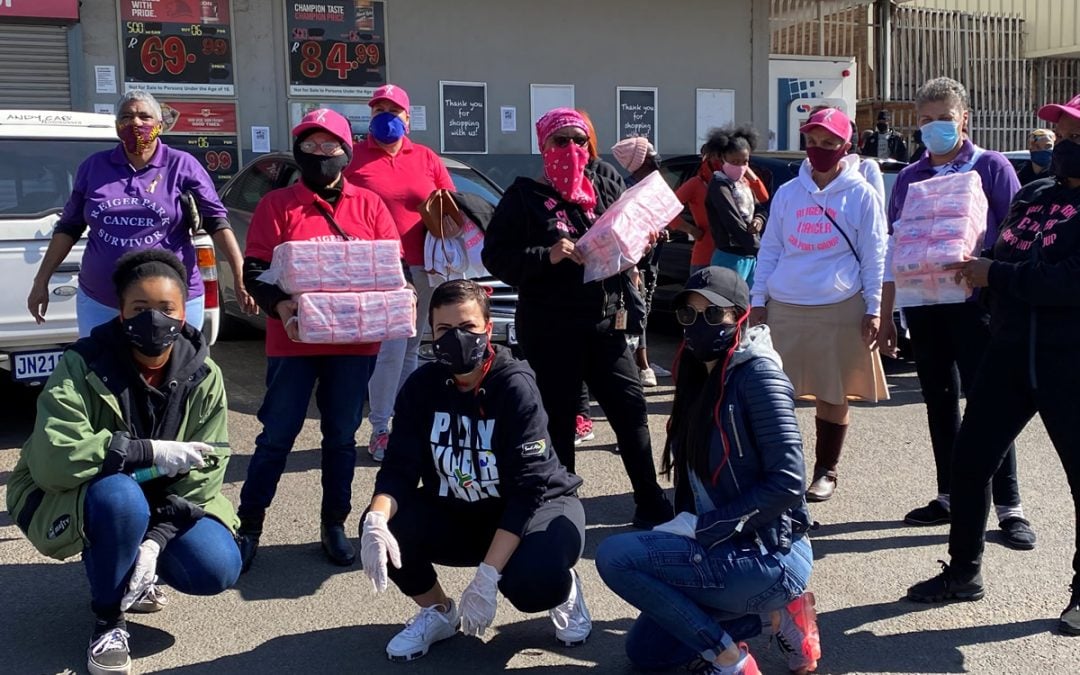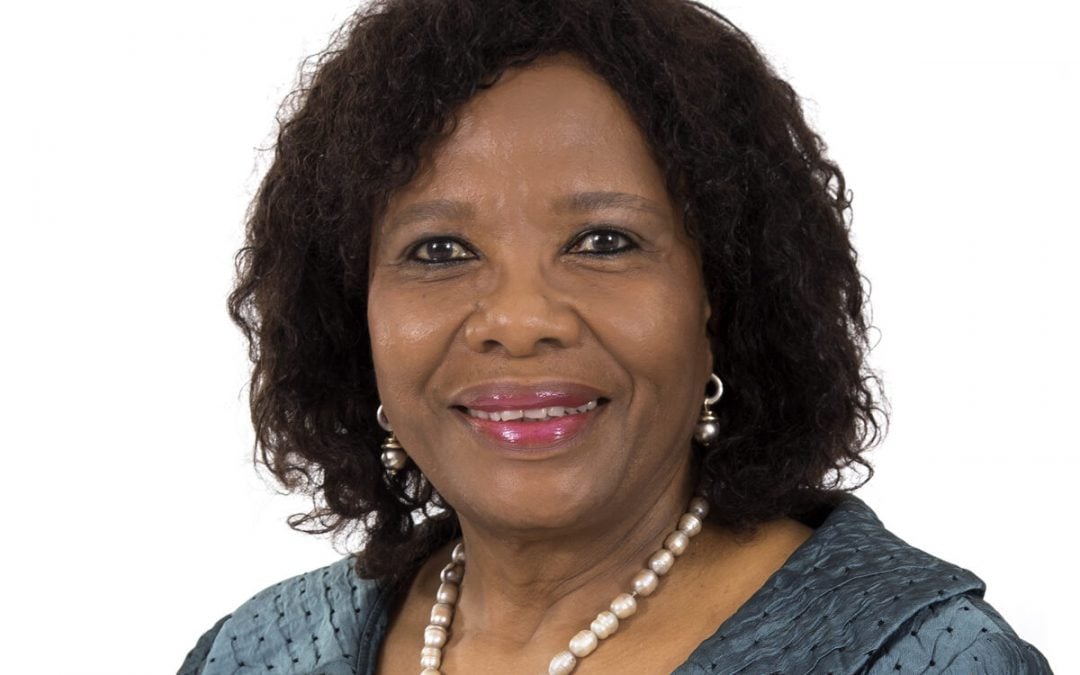For decades Mathabo Kunene has been building South Africa one business and foundation at a time. She is stalwart and has a wealth of knowledge she is using to build the country’s future powerful women.
At 80 years of age, Mathabo Kunene does not plan on stopping anytime soon. Kunene wears many hats.
Her mantra, which has constantly inspired her to achieve all she has, is: “If my mother could do it at the height of apartheid, I at least owe it to her to do much more for our people.”
Kunene is an activist, a businesswoman, a social entrepreneur, a community worker, a patron of the arts and so much more. During apartheid she says her mother started a school in a small house in the early 1950s. The school grew from having one teacher to almost having almost 300 pupils. Kunene says this is something that drives her to excel; and she didn’t just sit and watch her mother. Kunene was actively involved in the anti-apartheid movement in the United Kingdom and the United States between 1976 and 1994.
She participated in many community projects which she continued with upon her return to South Africa. To list all of her achievements and organisations she has been a part of her would fill many pages.
But as Kunene says herself: “Dreams; dreaming, wild, and wonderful. Don’t be afraid to entertain big dreams. Then focus on one and be prepared to fulfill it.”
She has always had big dreams and has gone out and acted upon them. In 1996 Kunene founded Akhona Trade and Investments, which was one of the largest women empowerment groups in KwaZulu-Natal at the time. She was also the founder and chief executive of Nandi Heritage House in 2000.
Kunene says she named the company Nandi Heritage because “all I would do when feeling distracted or threatened, was to invoke the powerful focus and fearless spirit of Nandi, the mother of Shaka”.
This served to centre her and keep her going during the difficult times.After the death of her husband Professor Mazisi Kunene, a famous South African poet, she founded the Mazisi Kunene Foundation Trust in his memory, to preserve the volumes of writing he has contributed to the heritage of South Africa. Kunene counts the economic success she has achieved after her husband’s passing, where she managed to hold the family together, as one of her greatest achievements. She managed to unbundle one of the companies she created and used some of those funds to “plow back to my immediate family”.
For her 76th birthday, Kunene was featured on the lifestyle show Top Billing. She says this was a moment of pride, but not for the reasons you would imagine. She then turned it around into a fundraising auction. The funds raised from her party were later used to contribute to a multimillion-rand infrastructure development at a high school.
This is a passion of Kunene — paying it forward. Along with her fundraising work, she also mentors many young women who are interested in becoming entrepreneurs and businesswomen.

